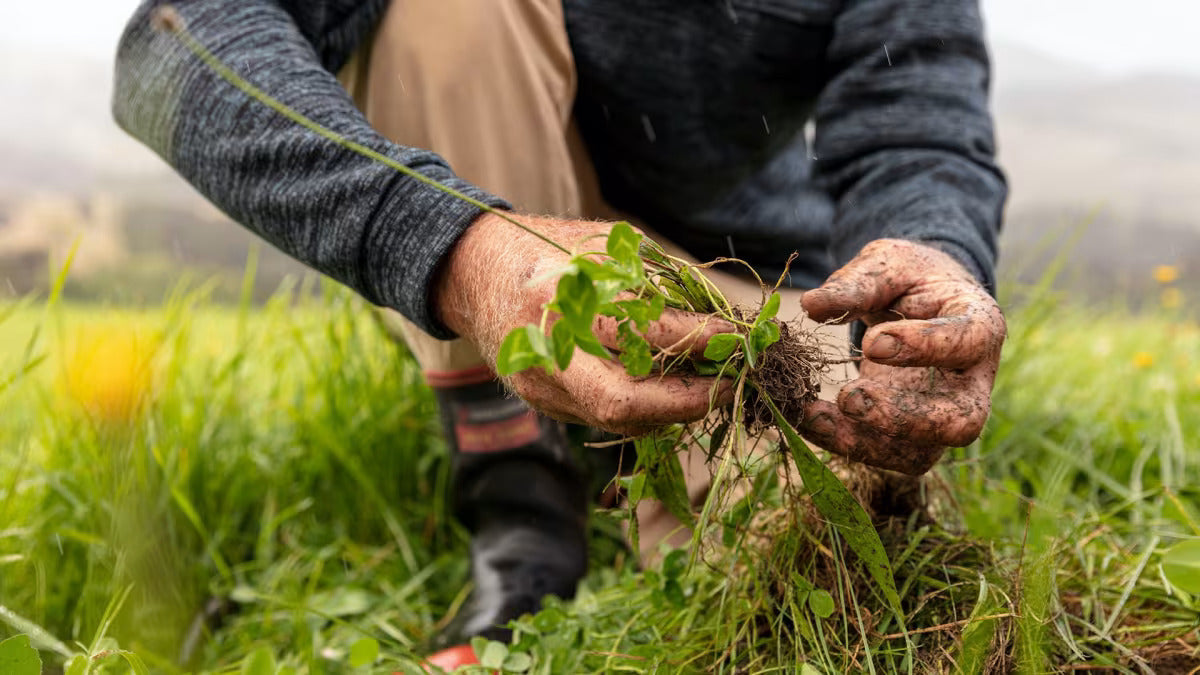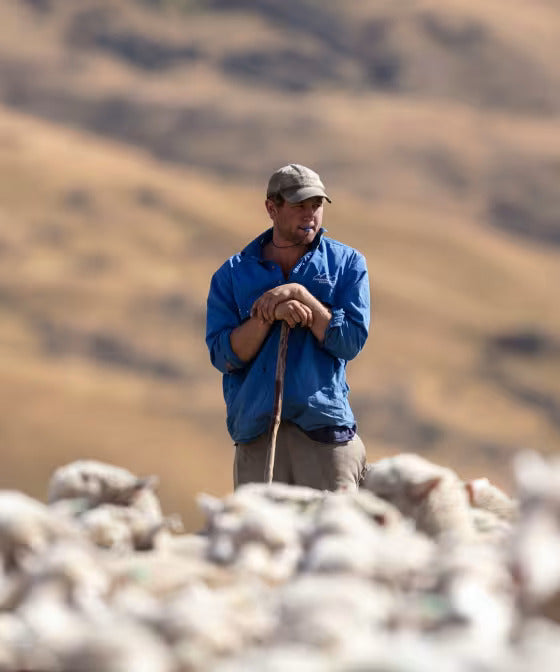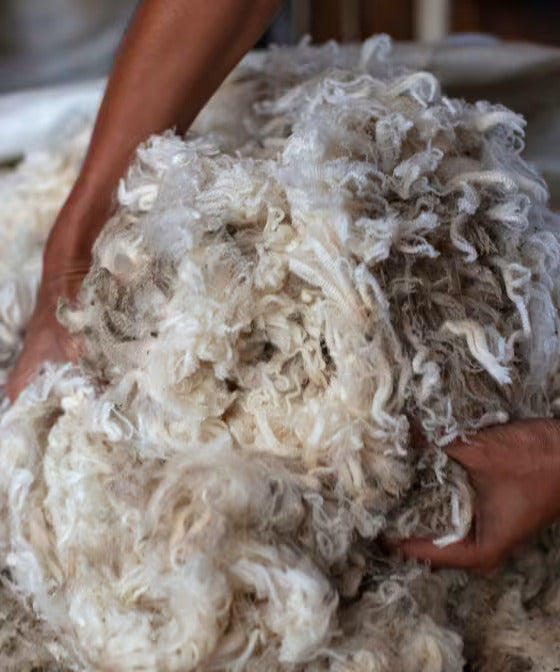Sempre comodissime.piu comode der 90%delle scarpe in commercio di qualsiasi fascia di prezzo
Sono entusiasta di queste scarpe, ma purtroppo, questa volta, a parità di modello e di taglia, il mio solito n. 39, risulta più lungo e più largo,
Se l’avessi saputo, avrei preso il mezzo numero in meno!
Non ho fatto sostituzione, sperando di poterle usare ugualmente con la solita soddisfazione…
Die Bestellung läuft immer problemlos. Die Lieferung wird immer Nachhaltiger und besser retourierbar. Wenn mal die Farbe da ist, die gefällt - sofort zuschlagen.
Ich finde die Schuhe super und habe trotz meinen diversen Fußproblemen in diesen Schuhe kaum schmerzen und vor allem werden die Zehen nicht eingequetscht. Die Bestellabwicklung ist sehr schnell.






